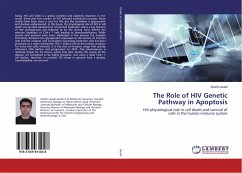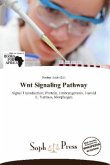Over the past several decades, many genes have been discovered that govern important function in the development of a variety of different cancers. However, biological insight from the list of genes is still limited and the underlying mechanisms that occur in the cell during tumorigenesis have not been well established. Studying cancer progression in terms of the oncogenic pathways that are responsible for specific actions that change normal cells into tumors is a means for bringing insight onto these issues. The work presented here will uncover mechanisms that are occurring at the pathway level that first initiate tumor formation and then continue through cancer progression and finally metastasis. Using gene expression datasets we utilized novel statistical methods to uncover the pathways that play a role in cancer progression and in what order the pathways become perturbed. These analyses can give a basis for how genetic disruptions serve to alter actions in specific cell types. The results may provide insight that will lead to treatments and preventions. Treatments will use multiple drugs to target the pathways that show an altered state of activity.








